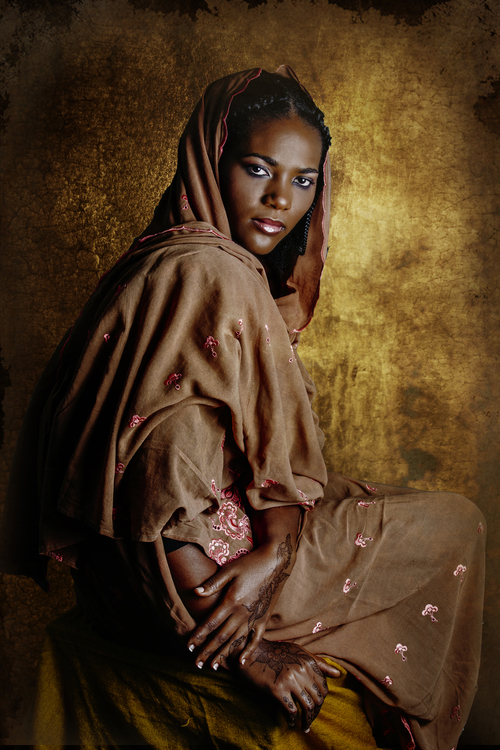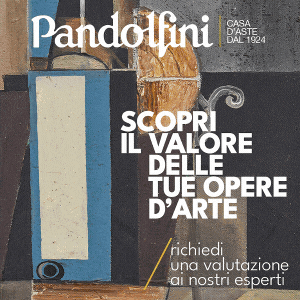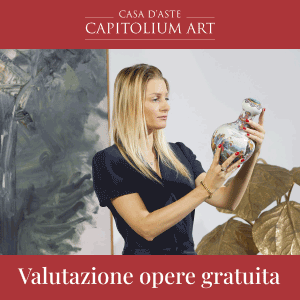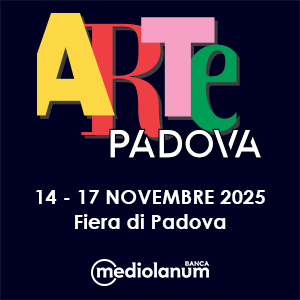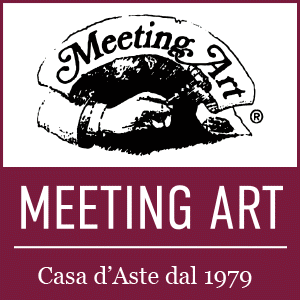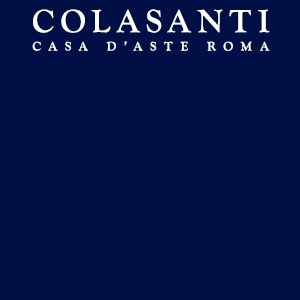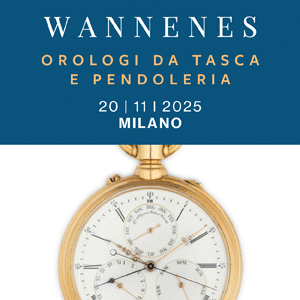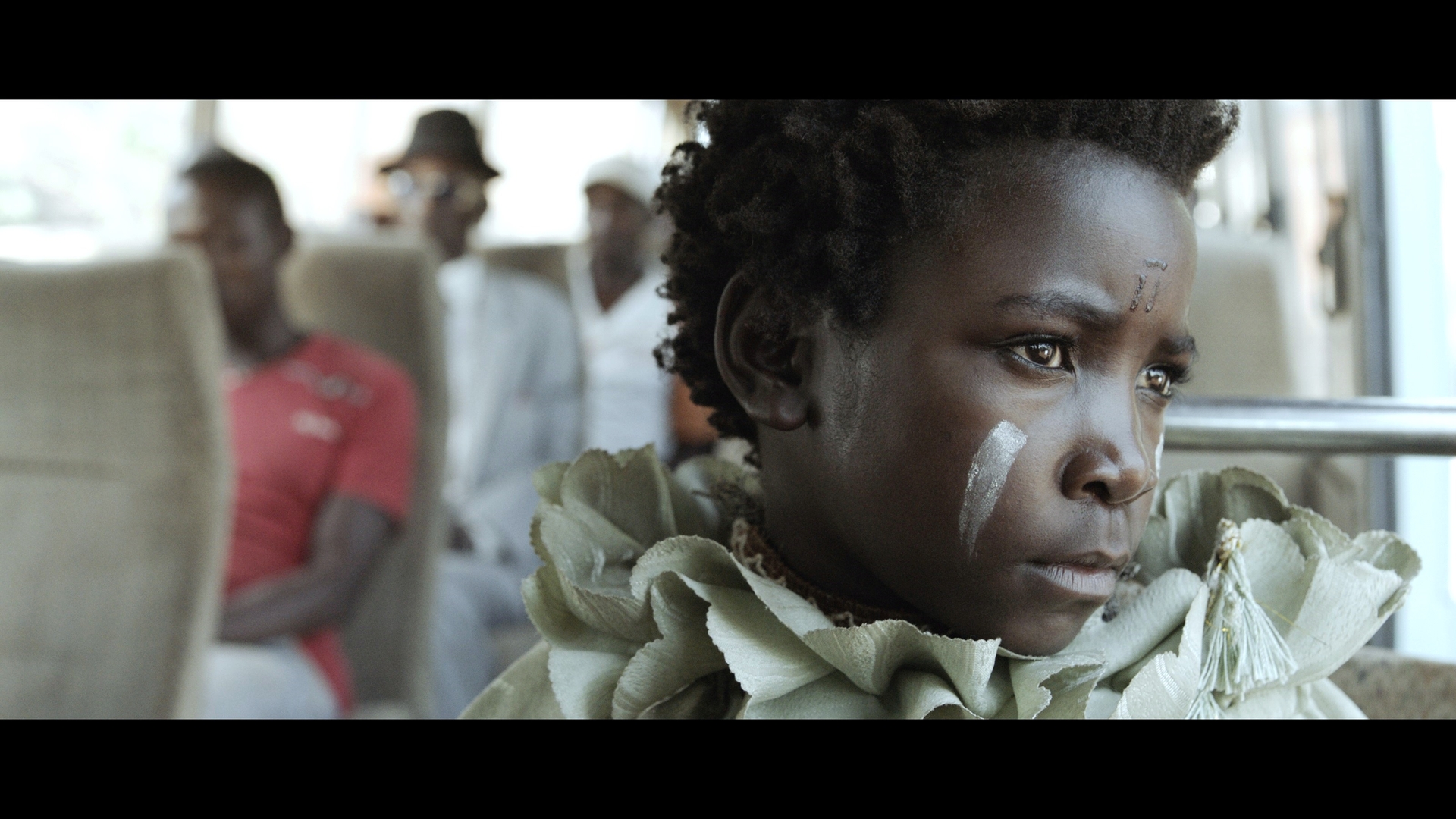
This year, the FCAAAL (Festival of Cinema of Africa, Asia, and Latin America) that took place in Milan from March 18 to 26, brought about an interesting change. It introduced the discussion about new technologies. By now, the festival, by the selection of films and other contents and events, carefully mastered the image of the world outside Europe and North America, that is, the world of the Global South, as ‘pure’ and ‘innocent’, embedded in tradition. Even the signifier commonly used for this, ‘the developing world’ implicated expectations of the development that is yet to take place, following the path already set up by ‘the developed world’: so the Bangladesh consul at the screening of Bangladesh blockbuster “No Bed of Roses” (Mostofa Sarwar Farooki 2017), proudly announced that in just a few years her country grew from the underdeveloped into one of the developing nations.

The price for keeping up with such image of Africa, Asia, and Latin America was that films, created with technologies other than celluloid, most notably Nigerian video films, were completely absent from the festival. But what was also lost was the historical fact that in recent decades the world has undergone a transformation in which the distinction between the Global North and Global South itself was replaced by a complex web of relations. The festival itself, of course, was part of it too. Probably the best proof of this is the winning film of this year, “I am not a Witch” by Rungano Nyoni, a Tanzanian who graduated from the prestigious Central Saint Martins in London and is living in Walles. The film’s topic is the phenomena of witchcraft and brutal treatment of witches, typical for Africa, but the destiny of the young Shula, proclaimed a witch and kept prisoner by a long white ribbon, is a discourse on the role and social identity of women, and more generally on freedom, that has relevance anywhere in the world and is far from limited to Africa.



With new technologies and innovation, a digital rupture took place in Africa. Or, as the moderator of the roundtable ”WWW! What a Wonderful World.” Martino Ghielmi put it, the leapfrog model prevailed over the development model, and Africa literally jumped – leapfrogged – into the future. This Africa, that is, Africa of e-commerce, but also of high IT training, digital entertainment and innovation in the art world was the topic of the round table. Bamidele Adetayo, originally from Nigeria and now living in United States, presented Entertale, a service providing live streaming of pan-African TV channels everywhere in the world and thus competing with the giants of the industry like Amazon Prime and Netflix. The Senegalese Amadou Daffe, founder of Gebeya, a digital academy in the Ethiopian Sheba Valley, aims to train 5 thousand programmers by 2021. He invited potential partners to visit the hackathons they organise on a regular basis, and surprised the audience with the idea that blockchain technology might soon be applied in Africa as a viable alternative to unreliable local currencies. The third speaker was Ivorian freelance photographer Joana Choumali, whose works were exhibited at the festivals, is the direct beneficiary of the new African technological landscape, since it was with the new media that her artwork became known internationally.

The question, raised by the artistic director of the festival Alessandra Speciale, how the Entertale project will help distribute and promote African art films, remained unanswered. But there is no doubt that new modes of distribution and other affordances of digital technologies will shape the future of the film in Africa. Will they also shape the future of the festival? Maria Grazia Mattei, the legendary digital media expert, co-founder and director of one of the co-organizers of the round-table, MEET, the Italian digital culture centre, created by Meet the Media Guru and Fondazione Cariplo, was positive about that. MEET, she says, “explores the artistic and creative legacy that innovation gets, beyond technology and new devices evolution. The collaboration we kicked off with Festival del Cinema Africano, d’Asia e d’America Latina follows this path. In the next months when MEET building (previously known as Spazio Oberdan) opens its doors, partnerships will increase in the co-creation direction with organizations and institutions that share our values”.



